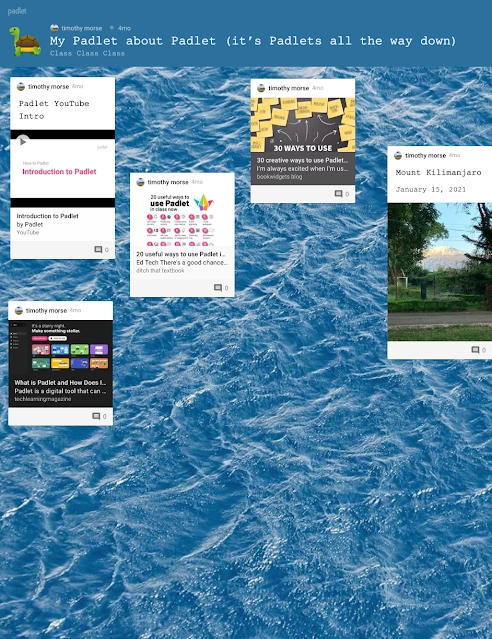Diversity - Being mindful in your work with others
I will set out my experiences in my workplace context, as I am not a teacher. I work at a courthouse which serves a large region. My role is that of a procedural guide; it has some ‘teaching’ elements but the role I play has ‘bright line’ delimitations . For example, there is a line between “legal information” and “legal advice” and I must not cross from the former, into the latter.
My job is to assist anyone who needs to engage the ‘service’ of the court and does not have a lawyer to act on their behalf. For non-lawyers, the work of the court, it’s rules, forms, and procedures, seem impenetrable. When you add differentiable characteristics the barriers only seem higher and thicker.
Race - people of colour often view the law and the court with suspicion. This is understandable given the very different treatment they receive from various manifestations of ‘the law’. Courts are viewed as the realm of the privileged white person, so attempting to access the court, for many, might be a considerable act of bravery. To risk severe understatement, their expectations are low. The resources for people acting on their own are the same for everyone but how people access them must be ’differentiated’ and it is important for me to remember that the act of contacting the court is a significant step. Justice may be “blind” but court staff should not be.
Gender - I spent the first 8 years of my career in the Courts working at a family court. The impact of family law litigation on women compared to men is notable, especially the difference in economic impact of separation and divorce. This is rooted in cultural assumptions about the roles of men and women in the family and in society in general. Family Court staff also relied on an interview tool explicitly meant to determine the degree of violence that might be present in the parties’ relationship. I also remember a telephone conversation with a transgender woman who was very upset because a judge had misgendered her during a hearing while giving a decision in court. I provided her with information on how to make a complaint to the Judicial Council. Listening is the most important skill I employ at work.
Non-native English speakers - I must know what local resources tailored to their needs are available. Interpretation services can be arranged for criminal matters but are not automatic for non-criminal court proceedings (except in family matters).
Often those with mental health issues and/or addiction issues contact the court. Although their struggles are evident in their words and (often voluminous) documents my role is often limited to listening. The directions I provide on legal information resources, procedures and support groups are the same but, their ability to engage with them is limited by their illness.
Poor folks who rely on government assistance often seek the help of the Court; sometimes it is a landlord tenant issue or maybe the denial of a government benefit. The poor often have additional differentiable characteristics, such a s illiteracy , addiction or physical disability. There is rarely a single resource for each differentiable characteristic and so the most vulnerable citizens face a considerable barrier in accessing resources because they are all in different places with different eligibility criteria


Comments
Post a Comment